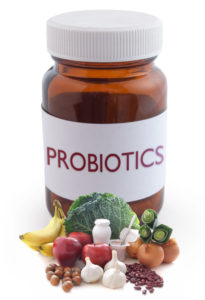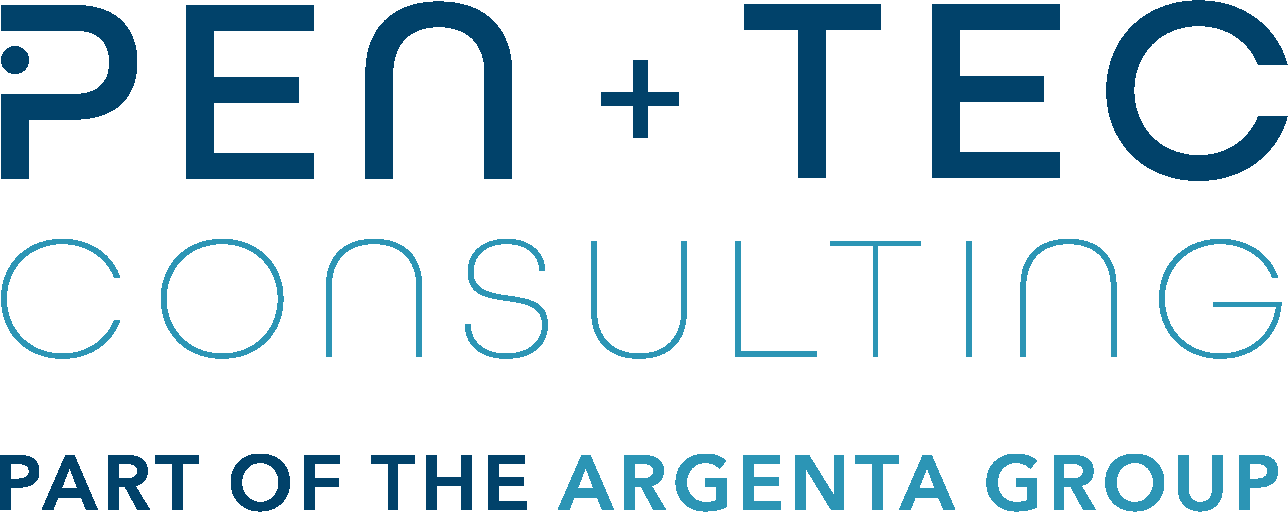Probiotics as novel foods – global regulatory hurdles
Posted 29 January, 2018
The fundamental challenge in any discussion about the regulation of probiotics is that there appears to be no global consensus on how probiotics should be classified. While regulators strive to ensure a safe food chain from farm to fork, the regulatory systems relating to probiotics vary greatly around the world. Moreover, probiotic products are often very emotive, innovative, conceptually novel and have a targeted or specific use.

The regulation of probiotics evokes a diverse range of opinions and viewpoints: some believe that probiotics should be considered as conventional drugs, while others believe that a more tailored approach is necessary, since there is often traditional or historical evidence of safe use. The situation has become increasingly complex because of the lucrative nature of the global probiotic sector. More and more industries are looking to produce probiotics and bring new and innovative products to market.
Until recently, there was limited scientific research on probiotics and so little was known about them. However, the prevalence of use has increased dramatically over the past 10-15 years and they have become a matter of consumer interest. At the same time, scientists have been investigating the health benefits of probiotics and working to understand their mode of action. This has led companies to explore new uses for probiotics and use creative marketing techniques in order to increase sales. In response, regulators have become more demanding. For example, while most live microbial strains used in EU foods and food supplements do not require a premarket safety assessment, due to traditional and proven history of safe use, novel probiotic strains must undergo a full safety assessment.
The probiotic marketplace is growing internationally, hence collaboration between regulators is essential as national decisions have international implications. Since products are consumed world-wide, calls for global regulatory standards are emerging. So, what are the regulatory hurdles related to novel food probiotics? How should we approach them from an EU regulatory perspective?
Definition:
The new novel food regulation (Regulation (EU) 2015/2283) applies as of 1 January 2018. The term “novel food” means any food that was not used for human consumption to a significant degree within the European Union before 15 May 1997. Probiotics fall under categories of (a) food consisting of, isolated from or produced from micro-organisms, fungi or algae; and (b) food consisting of, isolated from or produced from cell culture or tissue culture derived from animals, plants, micro-organisms, fungi or algae. The new centralised procedure results in direct evaluation by EFSA, followed by a Comitology debate and its approval or denial of authorisation.
Quality:
The first step towards achieving a good quality probiotic product is the correct strain identification and characterisation. Reliable, qualified and validated analytical methods for genotypic and phenotypic testing, bio-informatic analysis and Whole Genome Sequencing (WGS) should be used.
The health benefits and efficacy of probiotics are dependent on the number of viable micro-organisms reaching the intestine. Maintaining the viability/stability/shelf-life of probiotics has long been a hurdle in the development of effective probiotics. In addition to thermal and oxidative stress caused during storage, probiotics are exposed to a hostile environment in the gut, meaning that few viable organisms reach the intended target site in the gut where they confer their health benefits.
Safety:
Manufacturers are required to market products that are safe. This includes assurance of safe use levels, dosages, absence of toxic contaminants, toxic elements, heavy metals, and/or pesticides in finished products and their ingredients.
When dealing with probiotics, the following safety requirements should not be overlooked and are key to any novel probiotic application:
- Absence of toxins or virulence factors
- Free of antibiotic activity, or unable to produce antibiotic substances
- Absence of antimicrobial resistance (especially acquired resistance)
- Clear documentation of reduced toxigenicity and/or pathogenicity of the strain
Demonstrating a history of safe use of a probiotic in non-EU countries or gathering genotoxicity studies proving that a novel food probiotic does not pose a safety risk for human consumption are additional challenges. Companies that can show a history of safe food use of a novel-probiotic in at least one third country (e.g. Brasil, China, Japan, Nigeria, etc.) for at least 25 consecutive years could apply for a shorter approval process. However, time will tell if this pathway is more successful than a standard novel food application.
Efficacy and claims:
Demonstration of efficacy is generally not required for a novel food dossier, although human clinical studies can be submitted as supportive information. Despite considerable efforts and expense by major players such as Yakult, Danone and DuPont, no probiotic health claim has been approved in the EU so far, although they have succeeded in Switzerland and Canada.
According to the World Health Organisation, probiotics are defined as “live micro-organisms which, when administered in adequate amounts confer a health benefit on the host”. As such, the use of the word “probiotics” can suggest a health benefit, and this is viewed as an (unapproved) health claim.
EFSA has so far rejected all probiotic health claim applications on the basis that increasing a healthy gut flora is not a health benefit. The Italian Ministry reacted with an innovative interpretation of the law – they concluded that if intestinal colonisation by probiotics without a link to a decrease in intestinal pathogens is not beneficial to human health, the statement “promote the balance of intestinal flora” and/or the terms “probiotic” cannot be considered a health claim. Probiotic players with an appetite for risk can use this approach, although as this is an interpretation of the Italian Ministry’s view, they may have to defend unresolved disputes before the European Court of Justice.
Intellectual property:
The new novel food regulation results in generic authorisations, but applicants can request data protection for 5 years. Furthermore, with other EU regulated products such as feed additives, live micro-organism approvals specify the strain. This is important for safety and traceability, but also protects the intellectual property of the applicant, thus encouraging investment in innovation.
Future needs:
There is global pressure from consumers, scientists and regulators to reduce antibiotic use in humans and animals, due to the threat of antimicrobial resistance and an increasing consumer appetite for healthier life-styles. This is driving food, feed and pharmaceutical companies to seek creative opportunities with probiotics.
The regulatory landscape needs to balance the need for safe products that do not mislead the consumer, while leaving room for innovation to maximise the use of probiotics. How probiotics contribute to health and wellbeing will determine their future use.
Science is vital in regulatory settings, and there is no reason that innovation and regulation should be incompatible. The challenges faced by probiotics provide new opportunities for scientists and regulators to work together both nationally and internationally, to learn from each other, to cooperate and when appropriate to harmonise approaches to improve public health.
Regulation continues to drive the strategic agenda. Regulatory service providers must manage the complex suite of new rules enacted by global, regional and national policy setting bodies that are changing the strategy, regulatory requirements and operating procedures of novel food products like probiotics. Implementation of complex changes over extended timescales, with other proposals in the pipeline, is forcing firms to change the way they operate and address regulatory issues around the successful applications and future plans. Indeed, managing regulatory change is a major challenge in itself.
Pen & Tec will be providing regulatory advice at our Regulatory Clinic that will run throughout the event. You are welcome to come along and meet our experts for a face-to-face chat. We look forward to meeting you at IPA World Congress + Probiota 2018 in Barcelona.
